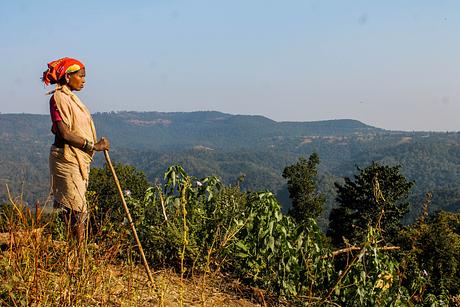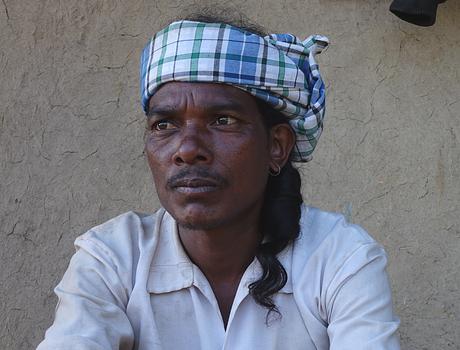Indian government makes dramatic U-turn after outcry over forest rights
July 15, 2016
 © Harshit Charles/ Survival
© Harshit Charles/ SurvivalThis page was last updated in 2016 and may contain language which is now outdated.
A proposed new forests policy in India has been hastily withdrawn after an outcry that it made no mention of tribal peoples’ existing rights to live in their forests, and would have led to more tribes being evicted from their homes.
On June 16th the Indian environment ministry published what it announced was the “draft national forest policy 2016”, along with a call for comments. However, a few days days later the “policy” was removed, and a statement was issued claiming that the document was merely a study by the Indian Institute of Forest Management (IIFM), which had been “inadvertently uploaded.”
Indian news website Live Mint quoted an anonymous ministry official: “[The] U-turn came after intense criticism of the draft policy from civil society.”
The draft policy proposed that: “Voluntary and attractive relocation packages of villages from within national parks, other wildlife rich areas and corridors should be developed.” The proposal to evict people from the vaguely described “other wildlife rich areas” and “corridors” as well as National Parks and Tiger Reserves would cover a huge area affecting millions of tribal people who have have been dependent on and managed their environments for millennia.
Across India tribal peoples are being illegally evicted from their ancestral homelands in the name of conservation. Most so-called “voluntary relocations” are far from voluntary, with tribal people often given no choice – they face arrest and beatings, harassment, threats and trickery and feel forced to “agree” to leave their forest homes.
Evidence proves that tribal peoples are better at looking after their environment than anyone else. In BRT Tiger reserve in southern India where tribal people have been allowed to stay, tiger numbers have increased at above the national average. There is no reason to believe that evicting tribes helps tigers. In fact, it’s harming conservation.
The speedy withdrawal of this “draft policy” has been welcomed, but huge concern remains at what lies ahead for the tens of millions of India’s tribal people who live in forests, and other forest dwellers.



